Studying Italian within European Languages and Cultures
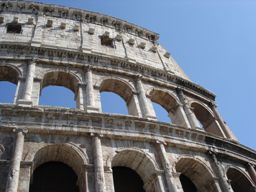
One of the most remarkable characteristics of Italy is its ability to survive moments of great crisis, often by creating new ideas and conceptual frameworks that end up traveling around the world – from the Renaissance to the ‘golden age’ of Italian cinema and design in the 1960s. This interplay between crisis and innovation is an interesting angle from which to examine and better understand Italy within today’s Europe.
Italian is a beautiful language, but why does it sound the way it does? How does it differ from Spanish? How has it developed from Latin compared to the other Romance languages? Upon completing this degree programme you will not only speak and write Italian at near-native speaker level, you will also be an expert in the history and deeper features of the language In addition, you will study the cultural and political history of Italy in a European context.
Why Italian?
If you speak Italian, a whole world of art and culture will open up to you, as well as a country that has played a guiding role in Europe in many ways, even though it has been a political nation only since 1861. Choose Italian as a specialization within ELC and you will learn to recognize the influences this country has had all around you.
All European languages bear traces of Italian culinary culture. Cappuccino, pizza and tiramisù are just a few examples of dishes that are known by their Italian names everywhere, even outside Europe. But food is of course not the only field that is strongly influenced by Italian culture. Italy is the country with the highest number of UNESCO Heritage sites worldwide, and Italian artists have had great influence in the fields of literature (from Dante to Elena Ferrante), music (from Verdi to Mahmood), painting (from Giotto to Leonardo) and architecture (from Palladio to Renzo Piano). No wonder that many artists and students in the seventeenth century spent part of their training in Italy. And in a way this is still the case: all students get the opportunity to spend a semester in their third Bachelor’s year at one of the universities with which Groningen has an Erasmus contract. Students of Italian can choose between Milano, Pisa, Siena, Verona or Trieste, beautiful cities with old, elegant university buildings and great academic traditions.
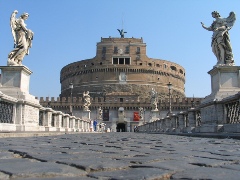
Career perspectives
Upon completing the Italian specialization within European Languages and Cultures you will qualify for a wide range of jobs, for example at museums and other cultural institutions in Italy, in the Netherlands and in other European countries. You could also opt for a career as an academic researcher, or teach courses, as Italian still is and always will be a very popular language. You could also find a job as a communications officer at an organization or company that maintains contacts with Italy, or in another position in the field of relations with Italy.
Back to European Languages and Cultures .
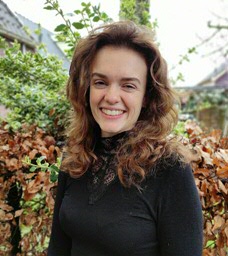
Anike van Noort (student of Italian at ELC)
Since I had already studied French in high school and I wanted to learn something new, taking Italian as my major was a logical choice. Everything about Italy had always fascinated me, and I knew that for me to be able to learn more about Italy, I had to be able to actually communicate with Italians. Up until this day, I am very glad that I studied Italian. The classes were always very interactive and made you engage closely with small pieces of Italy in the form of film, music, articles, and so much more. So far, knowing Italian has been very useful on my travels to Italy, and my knowledge about Italian culture and politics has also come in handy for a job at the University Library of Groningen. If you are just as crazy about Italy as I am, I would definitely recommend taking Italian as your major!
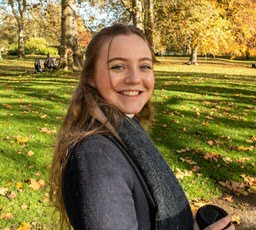
Celine Majoor (student of Italian at ELC)
I have been studying Italian for over 2 years and from the beginning I felt very comfortable because of the accessible atmosphere. It helped me to get to know the language better and better. During the classes I was able to get to know Italian culture, which broadened my knowledge of Italy. The classes also gave me the opportunity to take a critical look at various issues related to the Italian language, politics and culture. For me, Italian was a new language, so I started from scratch. Learning a new language helped me to really understand it thoroughly. Looking back, you see how such a growth you go through in a short time and that feeling is really rewarding.
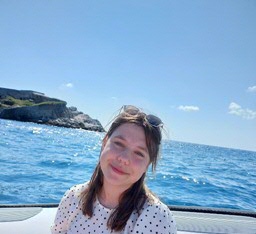
Sibrich de Vries (student of Italian at ELC)
I am very happy with my decision of choosing Italian as my major language. Not only because the language is beautiful but also because of my interest in Italian culture. Besides that, I have friends in Italy who I would love to speak Italian with! The lessons are engaging and diversified which helps boost your language skills. I started the year not knowing any Italian but ever since my understanding and ability to speak the language have grown a lot. Not only that, there is also room in the lessons for culture related topics, like art, music, film and of course food!
